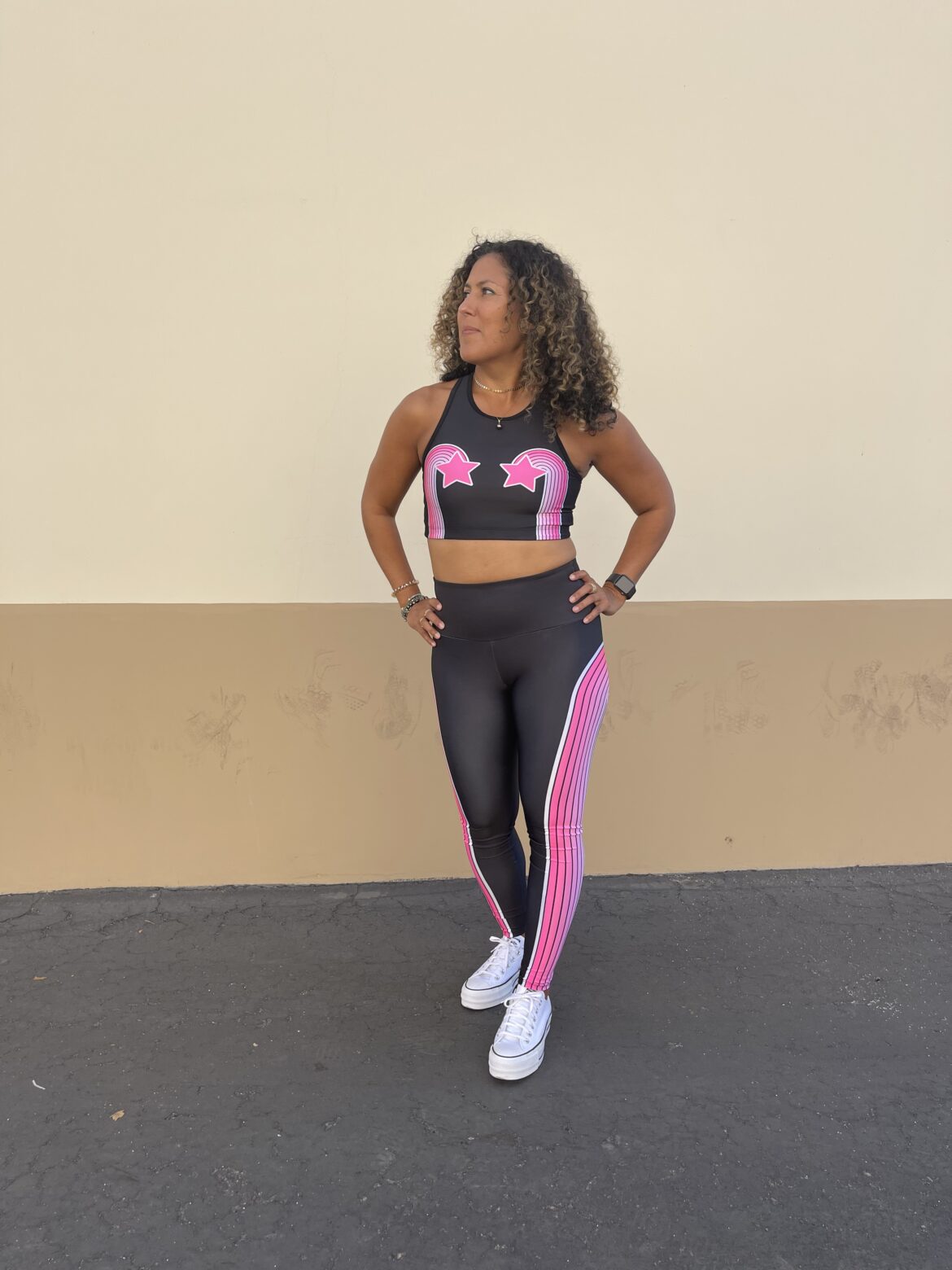 I was diagnosed with early-stage breast cancer in 2019. It was so shocking and ironic, and then not at the same time because I work in healthcare marketing and in breast cancer advocacy. I have been working with breast cancer patients for over 5 years. I’ve met so many brave women in that time, and the thought that I now had to be that brave was frightening. My mother, who was diagnosed with early-stage breast cancer over 24 years ago, is also one of those brave women.
I was diagnosed with early-stage breast cancer in 2019. It was so shocking and ironic, and then not at the same time because I work in healthcare marketing and in breast cancer advocacy. I have been working with breast cancer patients for over 5 years. I’ve met so many brave women in that time, and the thought that I now had to be that brave was frightening. My mother, who was diagnosed with early-stage breast cancer over 24 years ago, is also one of those brave women.
When my mother had breast cancer, she received a lumpectomy with radiation. She was in her late 50’s when she was diagnosed. The lumpectomy was successful and she is alive and well but had to have 2 more procedures after her initial lumpectomy and was left with a deformed breast. My mother is an old-school, traditional Latina woman who would never talk about her experience really. Why? Because Latina women don’t talk about anything, they keep it all to themselves. When it comes to their health and self-care, it comes last on the list because they are busy taking care of everyone else. My mother would never speak up about anything – she spoke very little English at the time. And when you consider things like cultural beliefs and values where a doctor is seen as an authoritative figure – how dare you even question a doctor’s decision or opinion? You just do what the doctor says.
While I may never know my mother’s full experience, I know that I can say with certainty that our experiences were on opposite sides of the spectrum. My experience began with information overload. From MRI’s, to breast surgeons, to plastic surgeons–everything happens so quickly. But the difference for me was, I was well versed in breast cancer and breast reconstruction. I knew what to ask, what to challenge and that my decisions were MY decisions, and no one else’s. I knew how to advocate for myself, and I realize now how lucky I am for that.
In the process, I also learned a few things. I started doing research about breast cancer and the Latina population, and found that breast cancer is the #1 cause of cancer death in Latina women, and that they are often diagnosed with more advanced stages of the disease. A lot of this has to do with access to care, not doing annual screenings, or not following up after an abnormal screening result. Even once they are diagnosed, they are less likely to receive timely treatment. And while there are programs in place to help enhance communication between patients and care teams, the disparities still exist.
I’m blessed and grateful and have learned so much about myself in the last two years. I’ve learned that you can turn the negatives into positives and see things as a blessing. And being able to look back at my mother’s experience and compare it to mine, and wanting to learn more about and support my Latina community, that is a blessing. I know that there is more that needs to be done in the Latina community to increase awareness, to educate and to reduce overall disparities in treatment and outcomes, and I’m here to support that mission in any way possible.
I’m happy to report that I am doing well after my double mastectomy and breast construction. I also have to take hormone therapy for 5-10 years, but I am living my best life today– happy and blessed. If I have any advice to give to my fellow Latinas, young and old – Self-care is important; If you don’t put yourself first, you won’t be able to take care of anyone. When it comes to breast cancer– it is absolutely so important to do your monthly self-exams, get your annual mammograms, spread the word – tell your sisters, cousins, aunts, friends, mothers, daughters and grandmothers. Teach each other, support each other. And NEVER, EVER be afraid to ask questions or challenge what your doctors is saying, because in the end, the decisions you make about your health are yours to make and yours to live with. So love yourself first, and take care of YOU first.
-Patricia Roca
Chief Creator of Opportunities at The Coral Group
